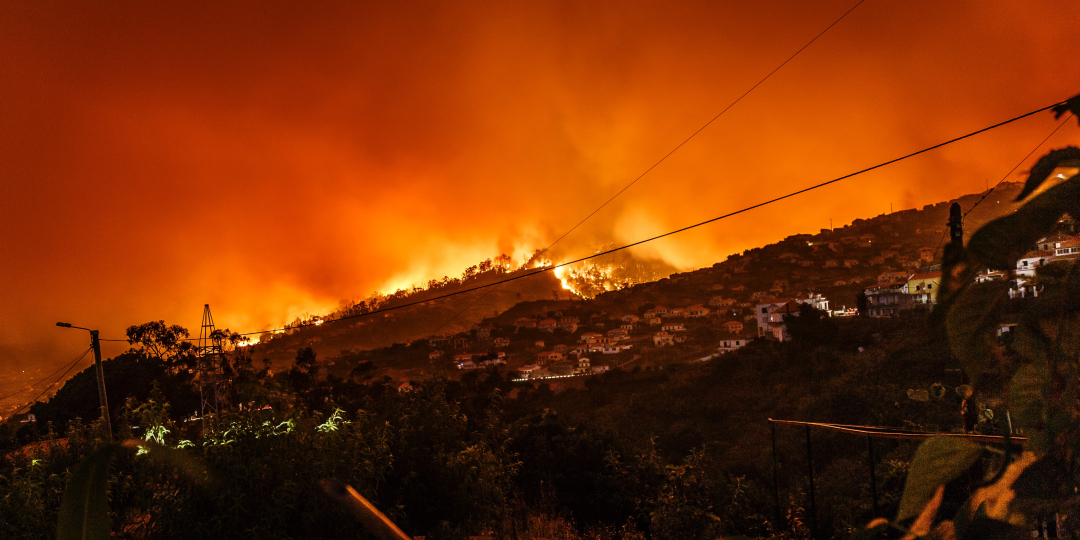Very high temperatures and devastating wildfires around the Mediterranean are being reported daily in the European summer season of 2023, and experts agree it’s down to climate change.
Wildfires spread across nine Mediterranean countries, killing at least 40 people, most of them in Algeria. Algerian authorities said 34 people had died in the mountainous northern region, with neighbouring Tunisia similarly battling wildfires.
Overall, firefighters have had to be deployed in Greece, Algeria, Tunisia, Sicily, Calabria (southern Italy), Turkey, Croatia, Syria, Gran Canaria, France and Portugal.
It being high summer season, Mediterranean resorts have been filled with sun-seeking guests, many of whom have been affected – tour operator TUI alone had 7 800 guests on Rhodes who had to be taken to alternative accommodation on July 23.
It’s obvious to say that the onus is on the traveller booking for a holiday in the Med to check the terms and cover of the travel insurance they intend buying, now that this new threat has arisen.
Travel News spoke to Simmy Micheli, Sales and Marketing Manager of Travel Insurance provider, TIC.
“In the first instance, the heartbeat of travel insurance – medical cover – is no problem whatsoever, if a traveller is hurt or burnt. Full cover applies for medical costs, and if there is a death, accidental death cover (which is a lump sum in compensation paid to beneficiary), as well as return of mortal remains will apply.
“Also, if luggage is lost in the fire, full cover applies.”
Micheli pointed out that travel insurers listed the events for which the traveller is covered. “That’s under the basic cover that a traveller buys. Any event not listed is not insured.
Unspecified event cover
“Trip disruptions or cancellations due to fire at the destination are not covered by standard cancellation cover. However, travellers who have purchased the unspecified event cover – which must be purchased within 48 hours of paying for the trip, could be covered by the unspecified event benefit, depending on the circumstances and proximity of the fire at the destination.”
Unspecified event cover could also possibly be applied to a case where the consumer books a holiday but the hotel has burned down or become unhabitable before travel.
Where a client has booked a holiday and the accommodation is still intact, but the whole area is no longer pleasant, but burnt and disfigured, unspecified event cancellation cover could be applied here too.
Micheli said unspecified event cover would also cover loss and additional costs incurred where the client has to be evacuated due to raging fires.
Disinclination to travel
But what about the client who has booked a holiday and might have heard rumours of fires on the other side of the island, or elsewhere in the destination country, and that client is now anxious and disinclined to travel to the destination at all? Can they cancel?
It’s unlikely that travel insurance would cover the above scenario. Disinclination to travel is usually excluded on a travel insurance policy.
Will travel insurance become more expensive as a result of the wildfires, which now appear to have become an annual occurrence in some areas?
Reuters reports that ratings agency Fitch has said it was too early to see any changes in terms and conditions yet. Fitch said price increases for travel insurance should be expected, not as a result of the fires, but as a result of the COVID-19 pandemic which had posed a much more severe and widespread risk for the travel insurance industry.















